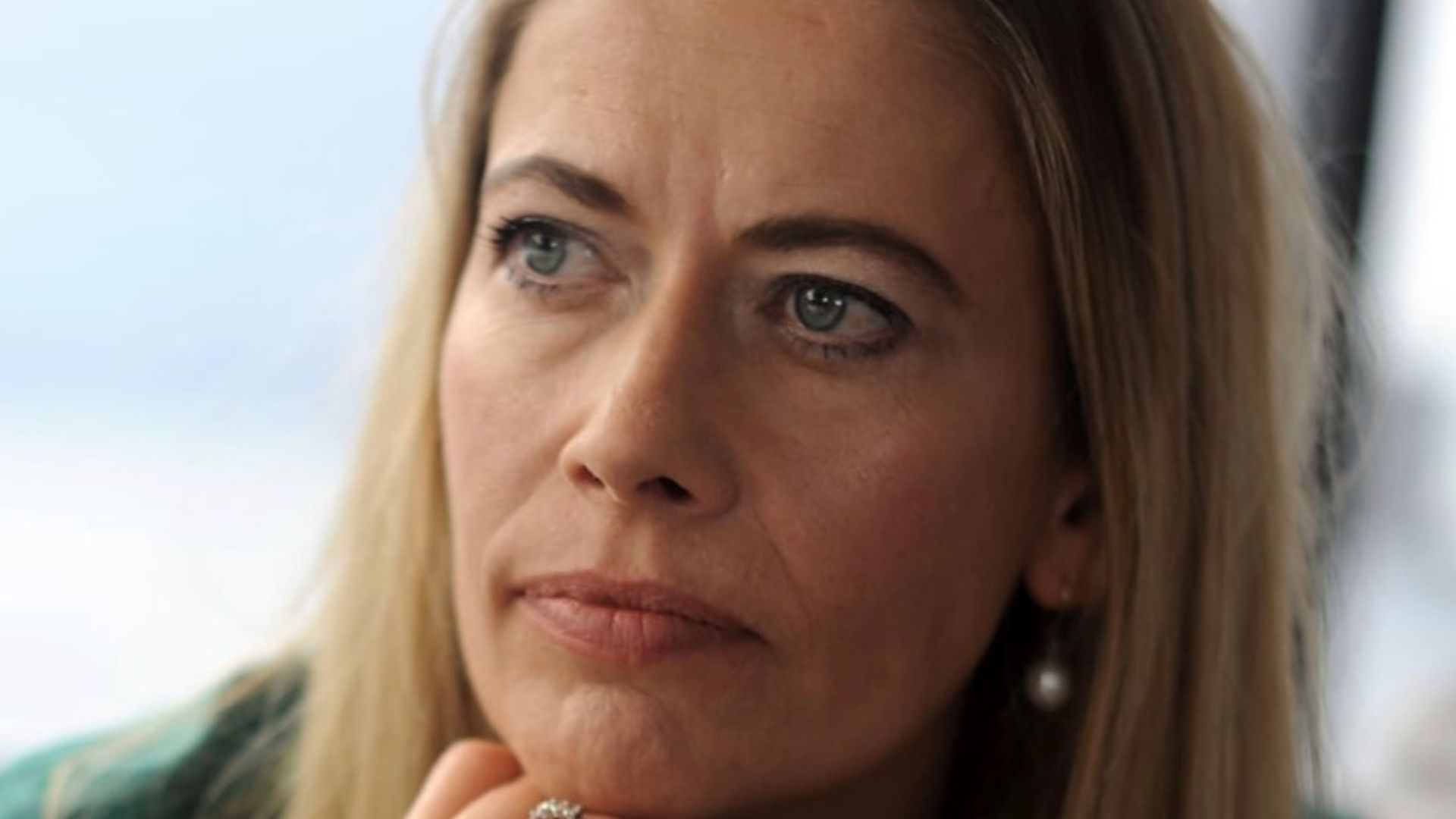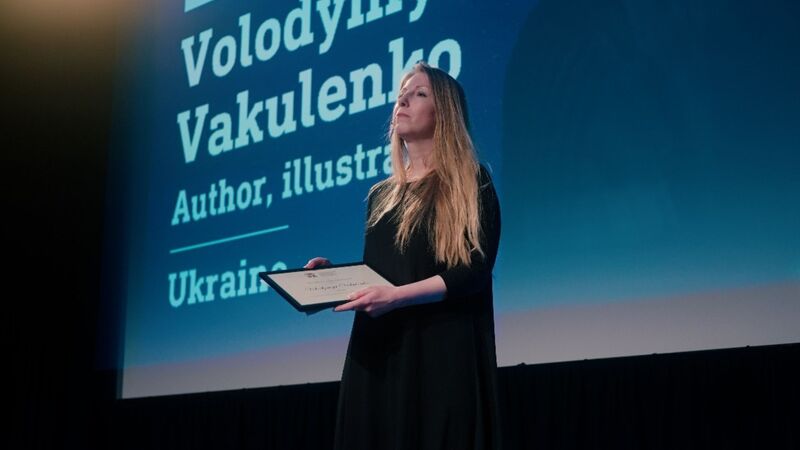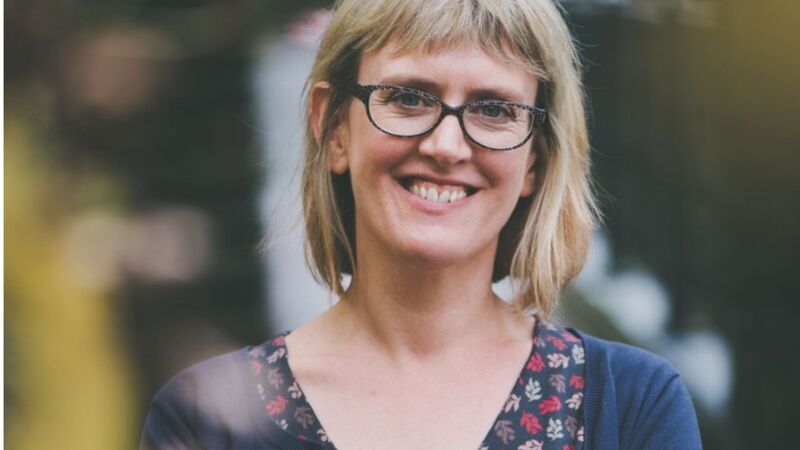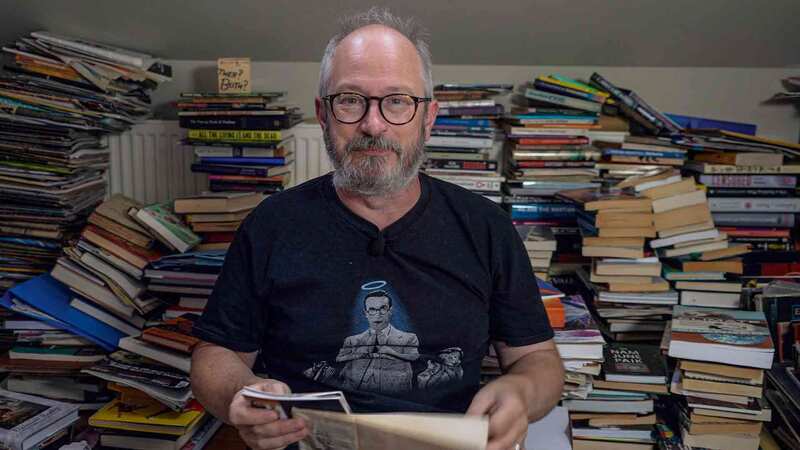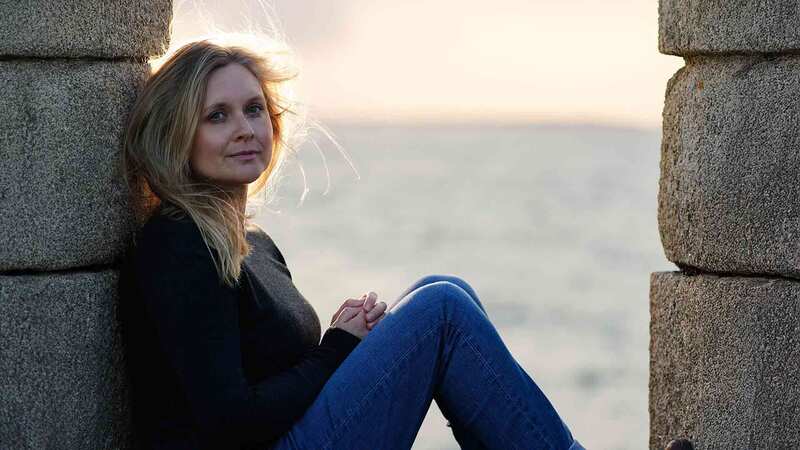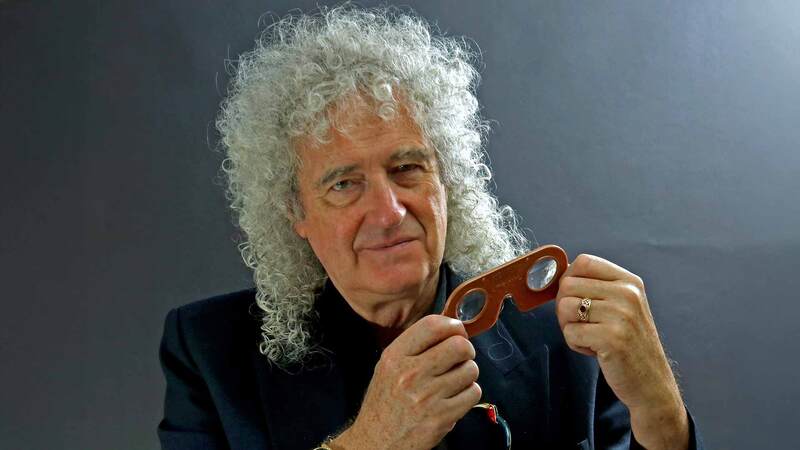You are viewing your 1 free article this month. Login to read more articles.
S&S bags Bradley's feminist reimagining of 1984 in two-book deal
Simon & Schuster has acquired The Sisterhood, a feminist retelling of George Orwell’s 1984 by teacher Katherine Bradley.
Katherine Armstrong, deputy publishing director for adult fiction, acquired UK and Commonwealth rights from Jane Gregory and Stephanie Glencross at David Higham Associates to the novel, alongside a second title. The Sisterhood will publish in March 2023.
The Sisterhood is told from the perspective of Julia, the main female character in 1984. "While on the outside, Julia seems to be the perfect example of what women in Oceania should be – dutiful, useful, subservient, meek – inside she hides a secret," the synopsis reads. "A secret that would lead to her death if discovered. For Julia is part of the underground movement called The Sisterhood, whose main goal is to find members of the Brotherhood, the anti-party vigilante group, and help them to overthrow Big Brother. When Julia thinks she’s found a potential member of the Brotherhood in co-worker Winston Smith, it seems like their goal might finally be in their grasp.
"But as she gets closer to Winston, Julia’s past starts to catch up with her and we soon realise that she has many more secrets than we’d first imagined – and that overthrowing Big Brother might cost her everything – but if you have nothing left to lose then you don’t mind playing the game."
Armstrong said: "I was blown away by Katherine’s initial pitch for The Sisterhood. As an English teacher, she has taught 1984 for many years and knows the text intimately, so it has been so exciting to see her take that initial story and reimagine it in the way she has. Here Katherine has given Julia full agency and created a history and emotional depth to a character that was merely a bit part player in the original story. This is a story about love, about family, about being a woman, a mother, a sister, a friend, but ultimately, it’s about what you would sacrifice for the greater good. This is perfect for fans of Christine Dalcher’s Vox and The Handmaid’s Tale, and I am incredibly excited about publishing in March with our stunning cover."
Bradley worked for many years managing services for people in prisons, mental health hospitals and those without fixed abode. She currently works in education and holds a first-class degree in English literature, in addition to qualifications in creative writing and teaching. As Kate Bradley, she has published two suspense thrillers.
"Why venture into the territory of one of Britain’s best loved writers? I first got the idea for developing Julia’s story when teaching the text to a class of teenagers as part of a dystopian literature unit," Bradley said. "Like all teachers of literature, I love Orwell’s vivid writing. But during the Covid lockdown years, teaching dystopia developed a disturbing — and often surreal — resonance. In 2020, as I taught 1984, I felt a cold blade of fear – were we already living the start of Orwell’s world? Certainly, his fears of control, class oppression, poverty and war remain contemporary concerns.
"The disparities between the rich and poor and class divide in this country haven’t dissipated – perhaps only deepened. The wars are depressingly similar. As a woman, I was interested in Julia and wondered if he was writing now without the 1940s gaze, would Orwell write her differently? With agency? And if she had hopes and fears and choices of her own, what would they be?
"The idea to modernise and free Julia, to make her the woman I believe Oceania would force her to become, wouldn’t let me go. With only a love and respect for Orwell, I became passionate to liberate Julia’s voice, to create a relevance for her in the male-dominated tumult of Orwell’s imagined future. But there is nothing futuristic about what she endures in The Sisterhood – sadly, it is an old tale told by women throughout history and across nations.
"So why venture into Orwell’s distinguished territory? Because I think we women have a right to challenge if it might be our – and our sisters’ – future too. So, as another British teacher — just as Orwell was — I answered the other side of the conversation, the side he arguably equivocated over: the female perspective. Julia’s story. And this is it."





